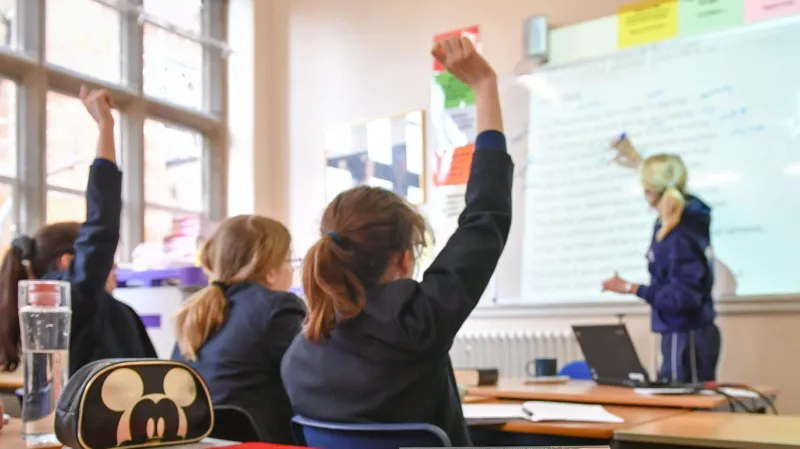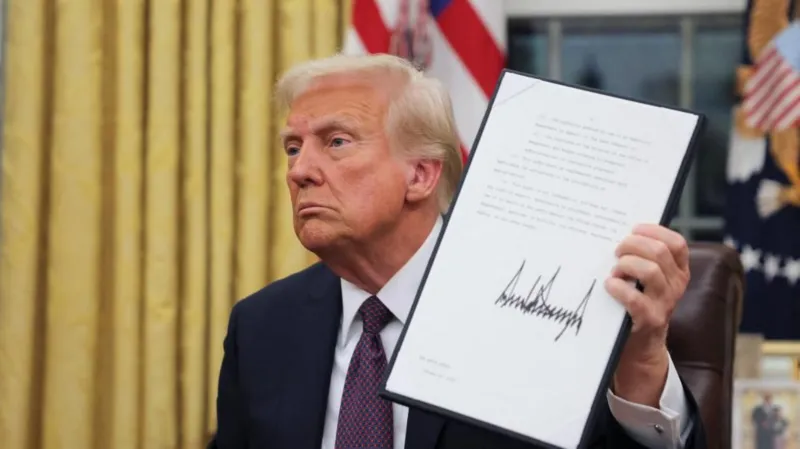Private school tax breaks have been described as a “luxury” by Bridget Phillipson, the Shadow Education Secretary, as she continues to push for education reform in the United Kingdom. Phillipson has criticized the current tax policies that allow private schools to benefit from significant financial advantages, such as business rate relief and VAT exemptions, which are not available to state schools.
In a recent statement, Phillipson emphasized the disparity in resources and opportunities between state-funded schools and private institutions, which often serve a more affluent demographic. She argued that these tax breaks unfairly funnel public funds toward a privileged minority, while state schools struggle with overcrowding, underfunding, and staffing challenges.
Phillipson’s stance aligns with the Labour Party’s broader commitment to addressing inequality in education. She has proposed that removing these tax breaks could generate millions of pounds in additional revenue, which could then be redirected to support state education. This funding, she suggests, could help improve school facilities, increase teacher salaries, and provide resources to disadvantaged students, ultimately leveling the playing field for all children.
Critics of the tax breaks argue that they exacerbate the divide between state and private education, perpetuating a system where access to high-quality education is influenced by family income. By labeling these benefits as a “luxury,” Phillipson is underscoring her belief that such privileges are neither necessary nor justifiable in a country striving for educational equity.
However, proponents of private school tax breaks argue that these institutions alleviate pressure on the state school system by educating a significant portion of the student population. They also contend that removing these financial incentives could lead to higher fees, making private education even more exclusive and potentially driving more families to seek places in state schools.
Phillipson has dismissed these arguments, stating that the government’s priority should be ensuring a high standard of education for all children, regardless of their socioeconomic background. She believes that redirecting funds from private school tax breaks to state schools is a step toward achieving this goal.
The debate over private school tax breaks remains a contentious issue, reflecting broader concerns about inequality and fairness in the education system. Phillipson’s call to end these “luxuries” has sparked a national conversation about how best to allocate resources in pursuit of a more inclusive and equitable education system for future generations.




















